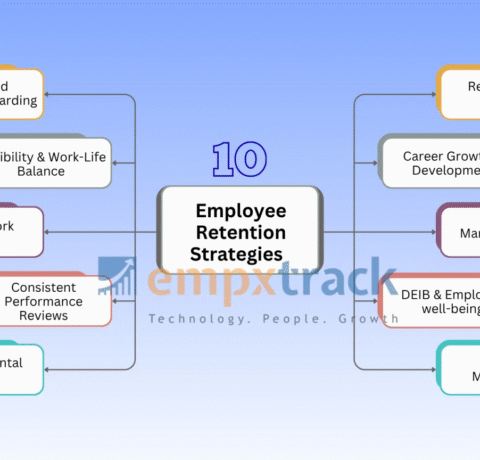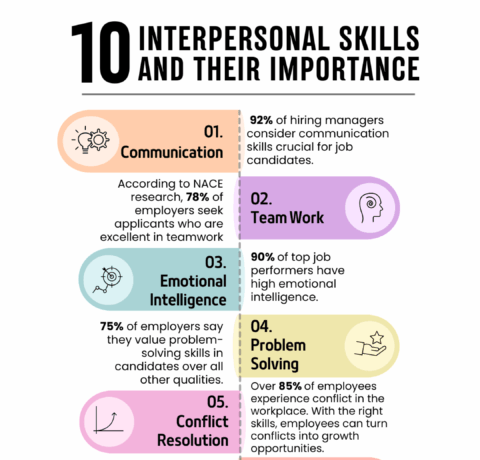Top 10 Benefits of Testing Infographic
Testing gets a bad rap, because it’s usually associated with the nerve-wracking, ‘high-stakes’ assessments students get at the end of every year – from GCSE’s to A-Level to University exams. But testing can also be a very useful studying technique, allowing you to objectively test your own knowledge and identify weak areas.
In a paper, ’10 Benefits of Testing And Their Applications to Educational Practice’, Roediger et al identify (as the title suggests) 10 reasons why students should utilise regular, low-stakes quizzing as a study strategy – and they have been summarised in the Top 10 Benefits of Testing Infographic!
Some key highlights from the infographic:
- Testing ourselves can considerably slow down the rate at which we forget information.
- Testing also gives students an opportunity to identify their own weak areas.
- Often, simply repeating the same material can lead students to believe they have mastered a particular area, but testing allows them to check this objectively.
- Repeated testing helps retention as well as students’ ability to apply knowledge to new contexts.
- By default, most students would choose not to test themselves as tests are associated with the ‘high stakes’ testing at the end of term which can be stressful.
- But having frequent tests and quizzes actually motivates students to study more efficiently.







You can adjust your cookie preferences here.